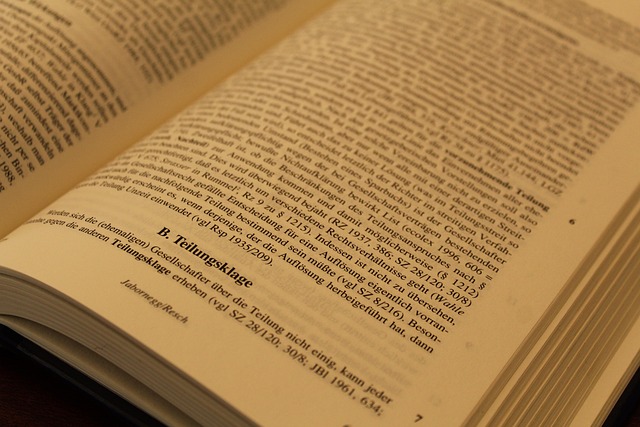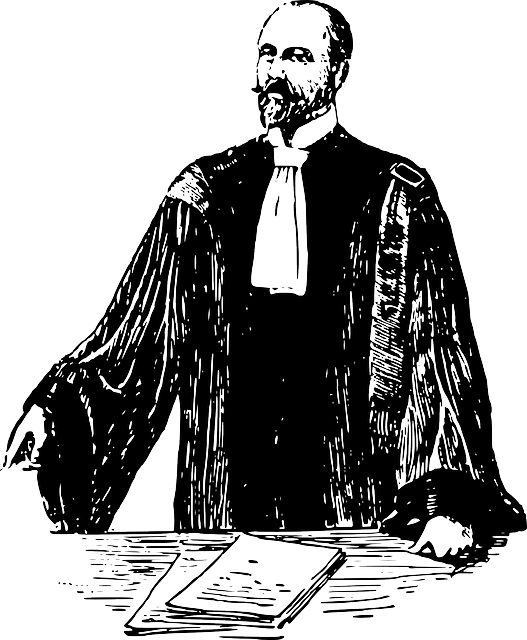Probate issues often arise from complex asset distribution, especially with real estate, businesses, or valuable collections. Unclear wills and time-sensitive requirements can lead to contention and delays. Legal experts provide crucial asset distribution guidance, interpreting documents, managing taxes and debts, and representing clients in court if needed. Their expertise expedites the process, ensuring fairness and minimizing disputes among beneficiaries, with a focus on structured plans for smooth asset distribution.
Probate issues can complicate estate settlement, causing delays and disputes. This article guides you through resolving these challenges with legal expertise, focusing on common problems like will contests and complex asset distribution. We explore how lawyers play a pivotal role in efficiently navigating these complexities, ensuring fair and timely asset distribution guidance. By understanding the intricacies of probate and leveraging legal skills, families can navigate this process with greater ease and confidence.
- Understanding Probate Issues: Common Challenges and Their Impact
- The Role of Legal Expertise in Efficiently Resolving Estate Disputes
- Asset Distribution: Strategies for Fair and Timely Guidance
Understanding Probate Issues: Common Challenges and Their Impact

Probate issues can arise from a variety of common challenges, each with its own impact on the process and those involved. One of the primary complications is complex asset distribution, where the value and nature of assets may not be immediately apparent, leading to disputes among beneficiaries. This is especially true in cases involving real estate, businesses, or valuable collections.
Another significant issue is the interpretation of wills, which can be subject to legal and linguistic nuances. Misinterpretations can result in arguments over intent, particularly when legacy goals are unclear or ambiguous. Additionally, time-sensitive requirements, such as those for contesting a will within specific periods, often cause delays and complexities. These challenges demand meticulous planning and asset distribution guidance from legal experts to ensure fairness and minimize contention among family members and beneficiaries.
The Role of Legal Expertise in Efficiently Resolving Estate Disputes

When it comes to resolving probate issues, legal expertise plays a pivotal role in efficiently navigating and settling estate disputes. Attorneys specialized in probate law possess the knowledge and skills necessary to interpret complex legal documents, such as wills and trusts, ensuring that asset distribution aligns with the testator’s intentions. They guide clients through the intricate process of administering an estate, which includes identifying and valuing assets, paying debts and taxes, and distributing the remaining assets to beneficiaries.
Legal expertise provides invaluable asset distribution guidance, helping to avoid potential pitfalls and misunderstandings. These professionals can mediate or represent clients in court if necessary, ensuring that all legal requirements are met and that the interests of the deceased and their beneficiaries are protected. Their experience allows them to anticipate and address challenges promptly, streamlining the probate process and facilitating a smoother transition for all involved parties.
Asset Distribution: Strategies for Fair and Timely Guidance

When it comes to resolving probate issues, especially in relation to asset distribution, legal expertise plays a pivotal role in ensuring fairness and timeliness. A qualified attorney can guide the executor or personal representative through the complex process of identifying, valuing, and distributing assets according to the deceased’s wishes, as expressed in their will. This includes strategies for managing disputes among beneficiaries, ensuring compliance with tax regulations, and providing transparent asset distribution guidance throughout.
Effective asset distribution guidance involves clear communication, meticulous record-keeping, and a deep understanding of estate laws. Legal professionals can help navigate the intricacies of different types of assets—real property, personal belongings, investments, and more—to facilitate a smooth transition for beneficiaries. By implementing structured plans and staying proactive in addressing potential challenges, legal experts enable efficient asset distribution, upholding the deceased’s intentions while minimizing stress for all involved parties.






